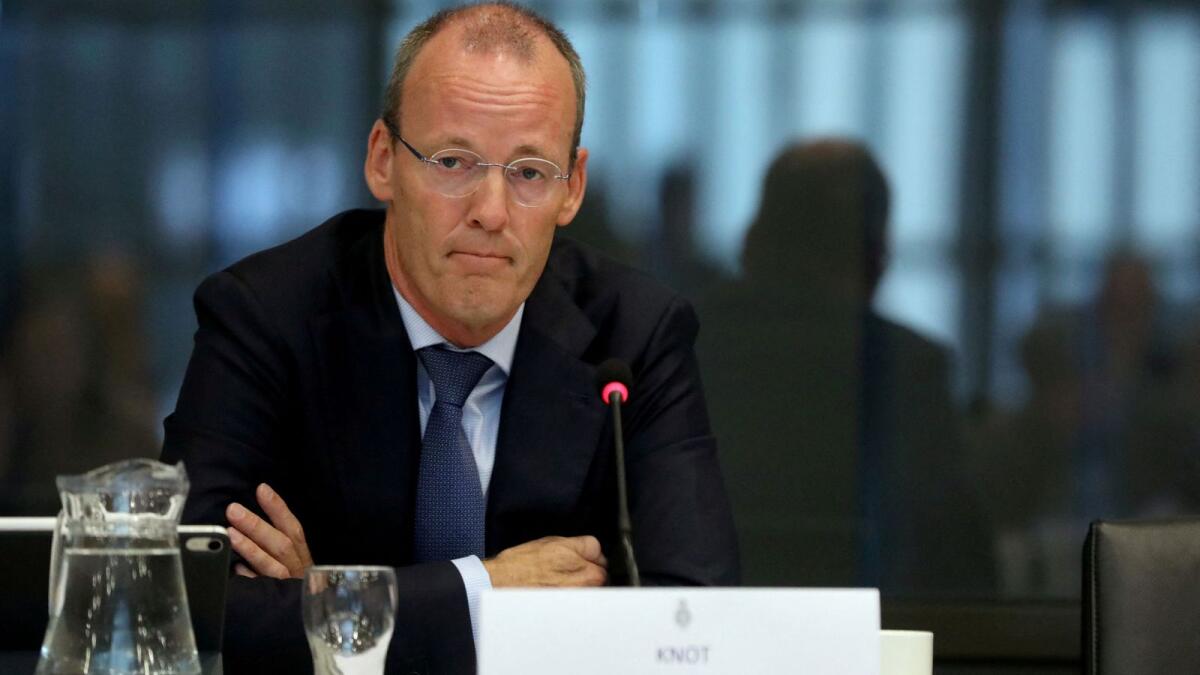Excessive government spending has posed a challenge for the European Central Bank (ECB) in its efforts to lower inflation, according to ECB policymaker Klaas Knot. The ECB has raised interest rates at a record pace to combat inflation, and while a policy reversal has begun with a rate cut in June, inflation is expected to remain above the ECB’s 2% target until the end of next year. Knot emphasized the need for tighter government discipline to make new budget rules work effectively.
Knot highlighted that an inappropriate fiscal stance can hinder the efficacy of monetary policy, stating that a more restrictive fiscal policy would have been desirable in this case. Although new fiscal rules were introduced in May to give governments increased flexibility, Knot pointed out that compliance and enforcement of these rules are crucial for their success. The relationship between the ECB and finance ministries across eurozone nations remains a key factor in achieving economic stability.
While the new fiscal rules allow for more spending during downturns, Knot stressed the importance of national governments reducing debt during upturns for the rules to be effective. He further noted that the success of the new EU fiscal framework will depend on the willingness of nations to adhere to and enforce the rules. Knot expressed the need for a central budget capacity within the bloc, emphasizing that any supranational spending should be balanced with reduced spending in national budgets.
During the pandemic, EU nations collaborated on the Next Generation EU recovery fund, which some countries view as a one-off measure, with no permanent joint borrowing allowed. Knot argued for the importance of balancing a single monetary policy with varying fiscal policies across 20 nations, suggesting that a joint budget could make policy more efficient and less harmful to growth during periods of excessive inflation. The ECB has long advocated for some form of central budget to streamline policy coordination.
In conclusion, Knot’s comments shed light on the challenges faced by the ECB in managing inflation amid excessive government spending. Tighter government discipline and adherence to new fiscal rules are essential for achieving economic stability and effective monetary policy. The debate over the need for a central budget within the EU continues, with some countries advocating for limited supranational spending. It remains to be seen how nations will navigate the fiscal landscape and work towards a balanced approach to economic recovery.











